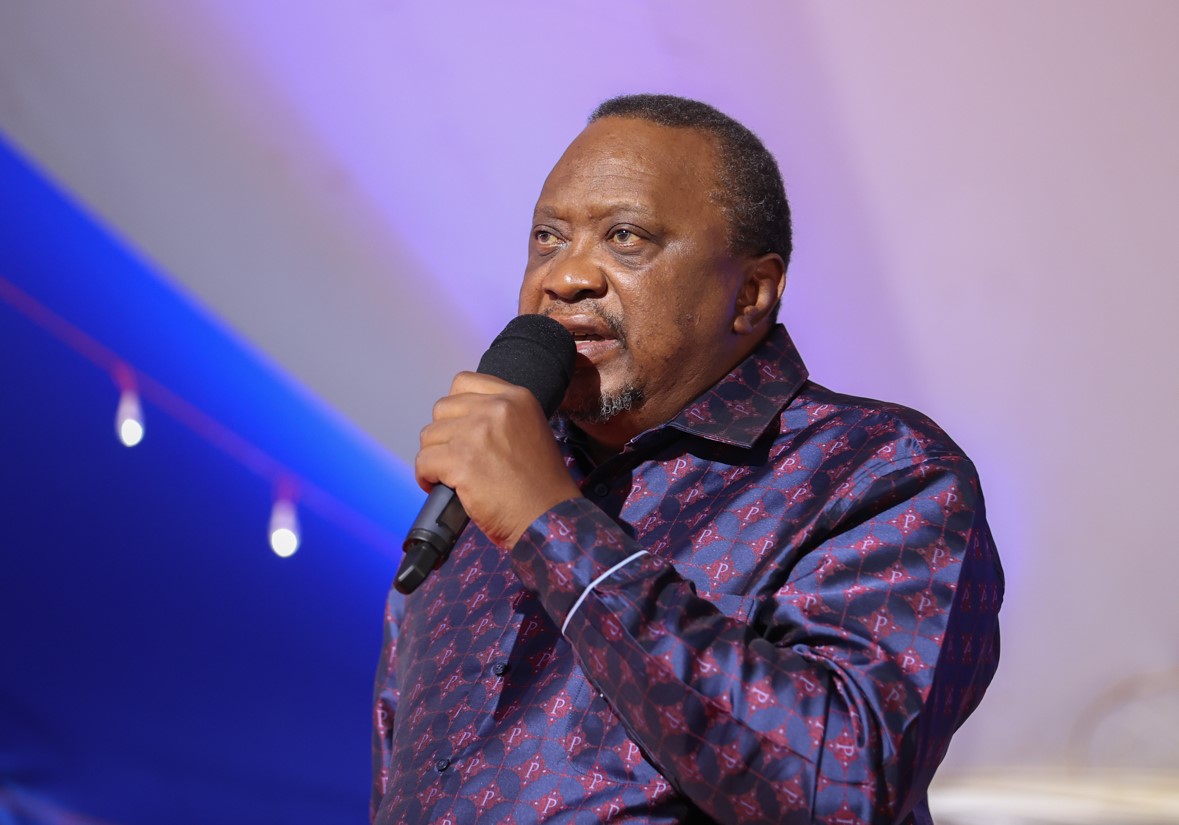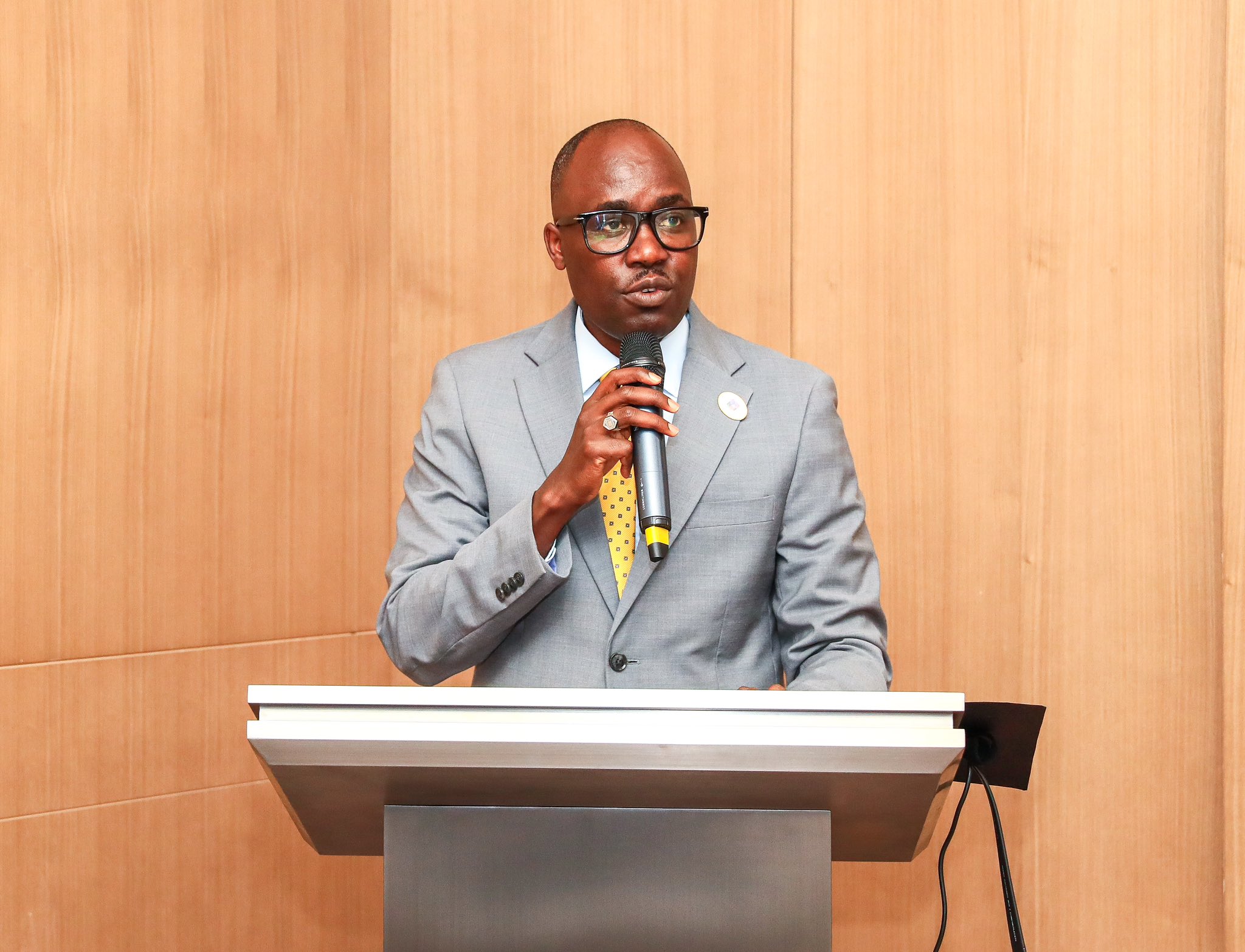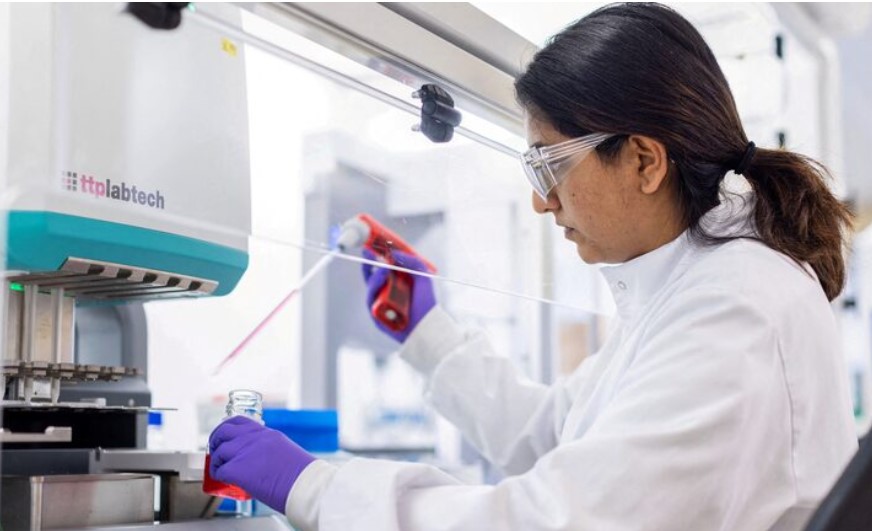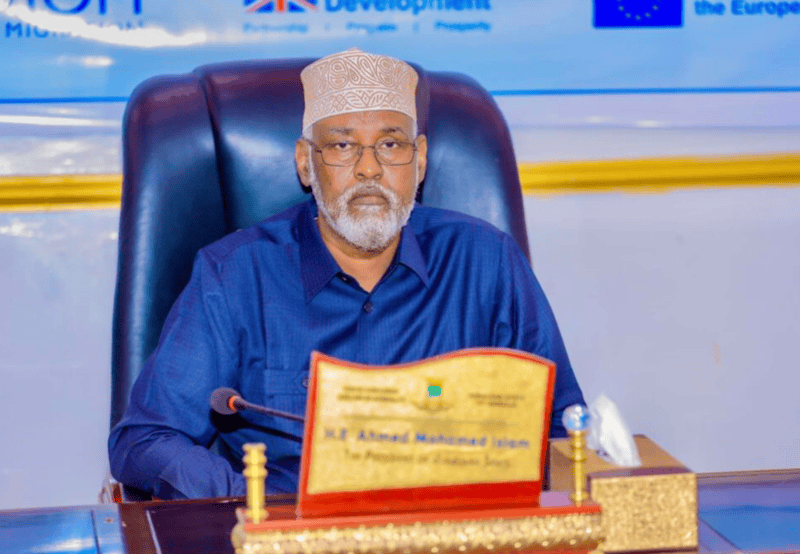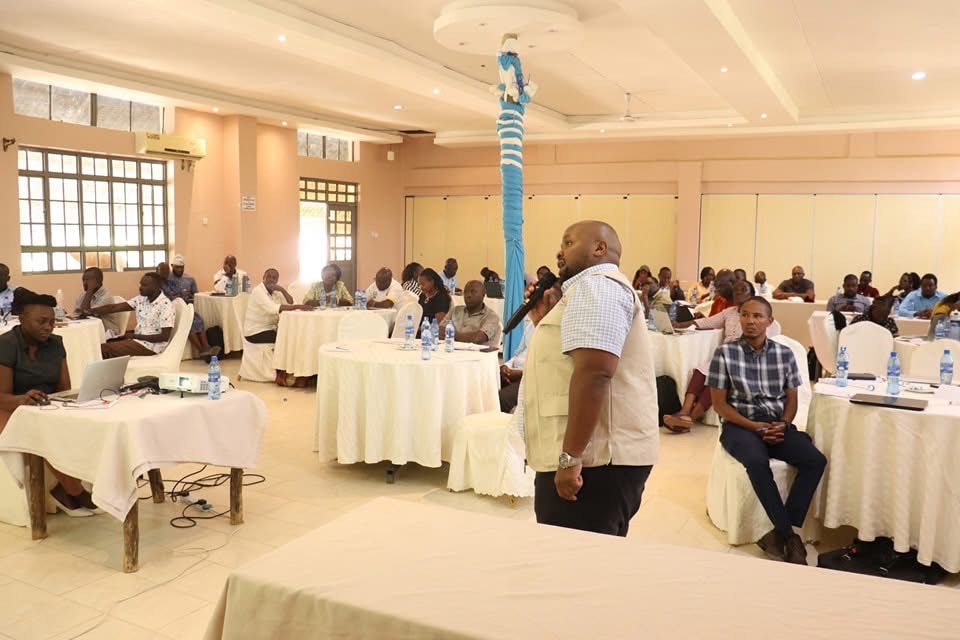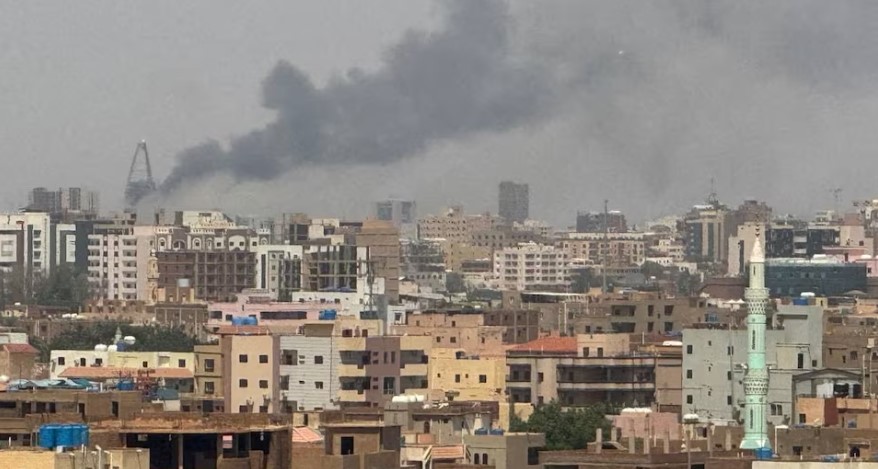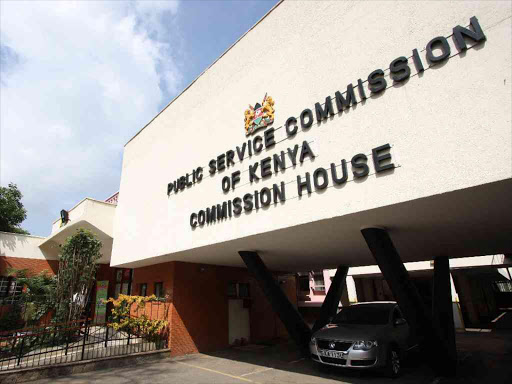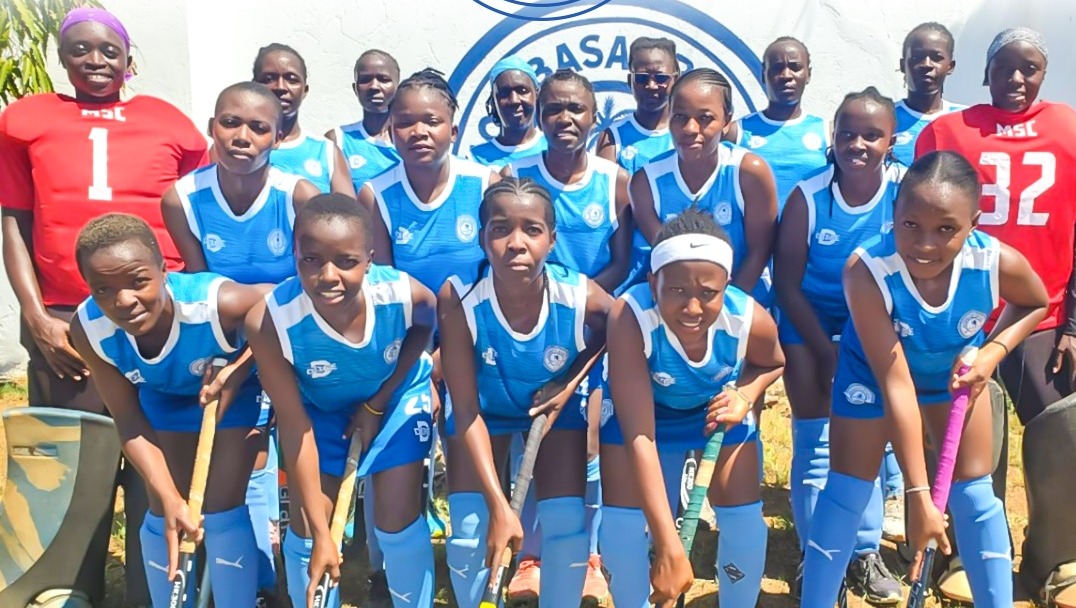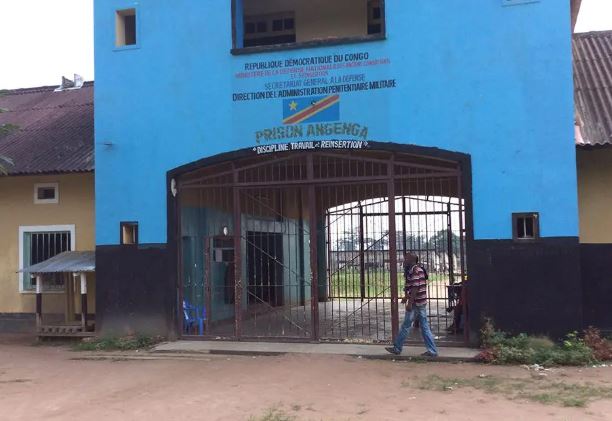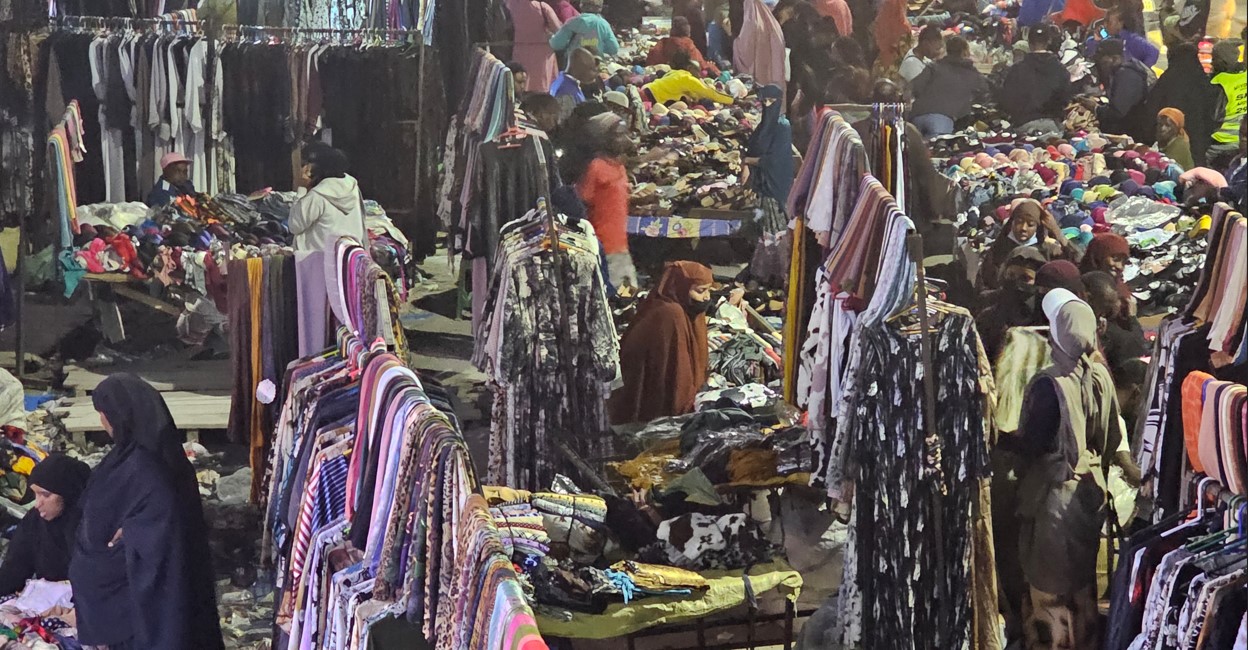New proposal seeks to give EACC powers to prosecute corruption cases

Mutuse urged the DPP to gazette EACC lawyers as special prosecutors, allowing them to manage corruption cases from investigation to prosecution.
The Ethics and Anti-Corruption Commission (EACC) could soon begin prosecuting its own cases if the Director of Public Prosecutions (DPP) adopts a proposal by the National Assembly’s Justice and Legal Affairs Committee (JLAC).
JLAC Vice Chairperson Mwengi Mutuse tabled the recommendation in the National Assembly while presenting a report on the vetting of Abdi Mohamud as the incoming EACC chief executive officer.
More To Read
- Senior police officers accused of interfering in private land dispute in Nairobi
- New EACC boss Abdi Ahmed vows to intensify anti-corruption efforts, recover stolen assets
- Fake academic papers, impunity among Kenya’s biggest corruption hurdles – EACC boss
- Senators demand EACC probe into Sh1.3 billion bursary funds misuse by counties
Mutuse urged the DPP to gazette EACC lawyers as special prosecutors, allowing them to manage corruption cases from investigation to prosecution.
The proposal aims to resolve the persistent disputes between the EACC and the DPP over the handling of graft cases, which have led to delays and a low conviction rate.
“We are recommending as JLAC that the DPP does gazette lawyers working under EACC as prosecutors because the DPP has that power to gazette prosecutors so that lawyers who interact with cases at EACC may also have the powers to prosecute the same cases in court,” Mutuse said in the report.
Prosecutorial authority
During his vetting, Abdi supported the move, arguing that empowering EACC lawyers with prosecutorial authority could address issues such as case delays, collapsing prosecutions, and low conviction rates.
He noted that ODPP prosecutors often lack familiarity with the case files prepared by EACC lawyers.
“When you take a file that is 10 to 20 documents to a prosecutor, he may not have interacted with that file and may not have time to peruse through all the documents in the file,” Abdi told lawmakers.
"But if it is a lawyer who was engaged in the collection of evidence, analysing the evidence, and asking the investigator to go and collect specific information, that person in his mind clearly understands that file like the back of his hand.”
Abdi said the EACC has highly trained lawyers, including former chief magistrates, who guide investigators and review all evidence before files are submitted to the DPP.
He contended that such expertise puts EACC lawyers in a better position to handle prosecutions.
The DPP has the legal authority to delegate prosecutorial powers to other entities, making the proposal a feasible step toward improving the handling of corruption cases in Kenya.
Top Stories Today
